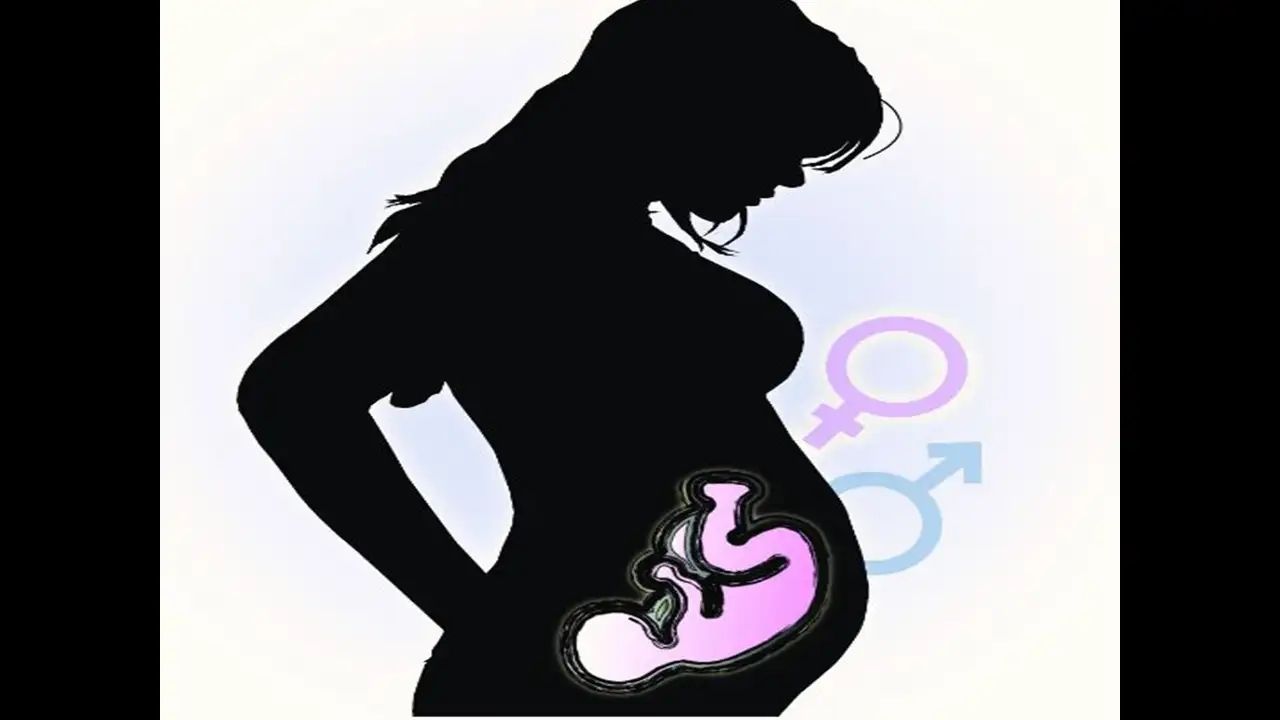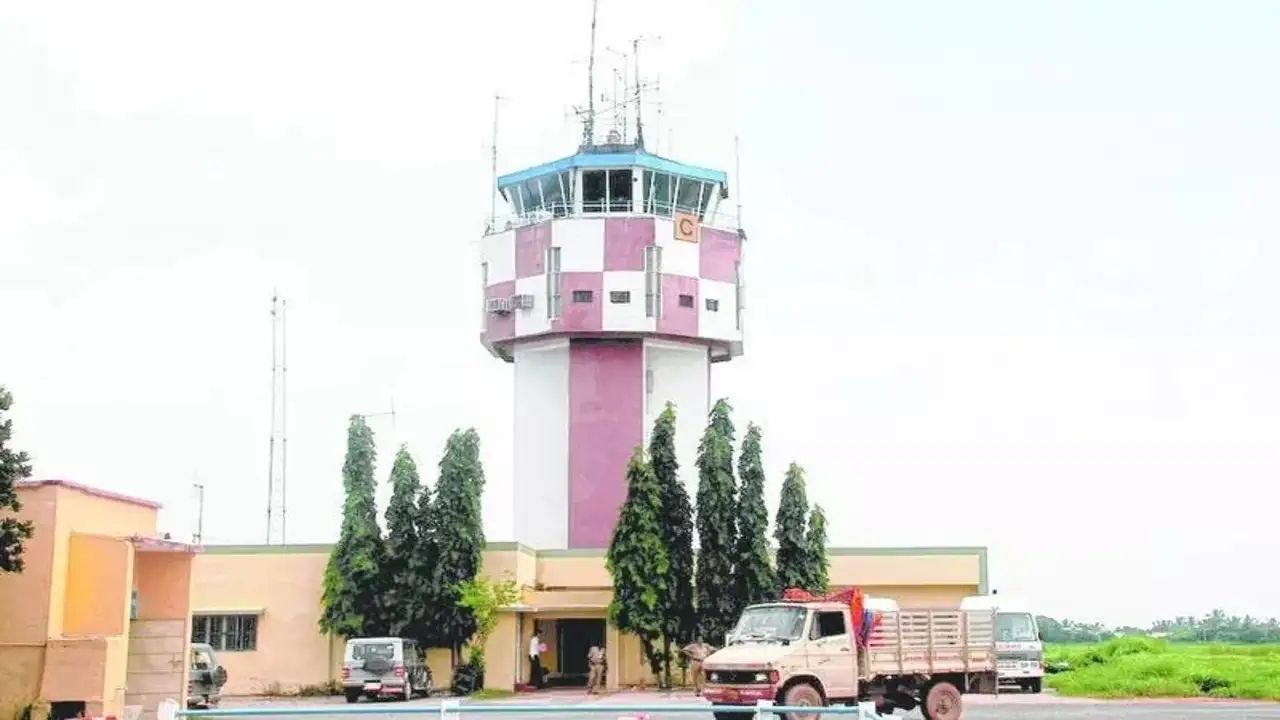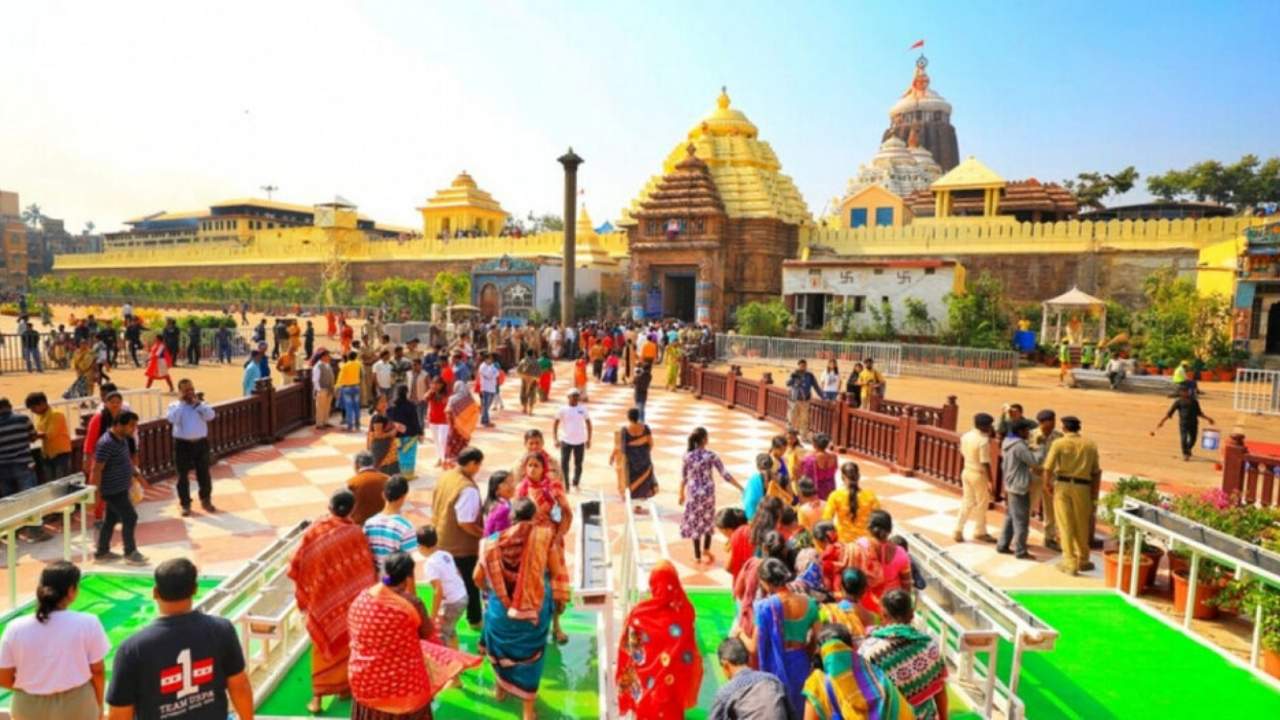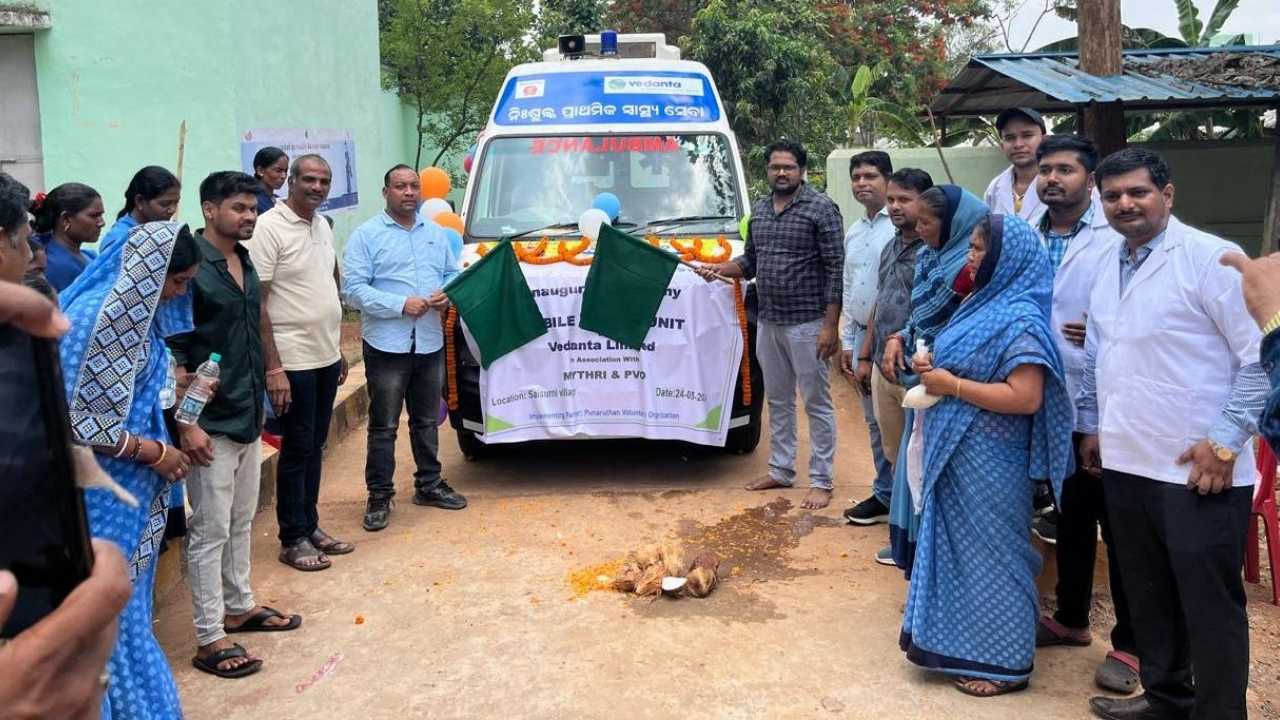In a shocking development from Odisha, two minor girls were found pregnant in government-run hostels, sparking public outrage and serious concerns about the safety and protection of students in institutional care. The cases involve girls from the Kandhamal and Mayurbhanj districts, where the discoveries came to light after the girls returned from vacation. Both cases are now under investigation by the police, who are seeking to determine how these pregnancies occurred and to hold those responsible accountable.
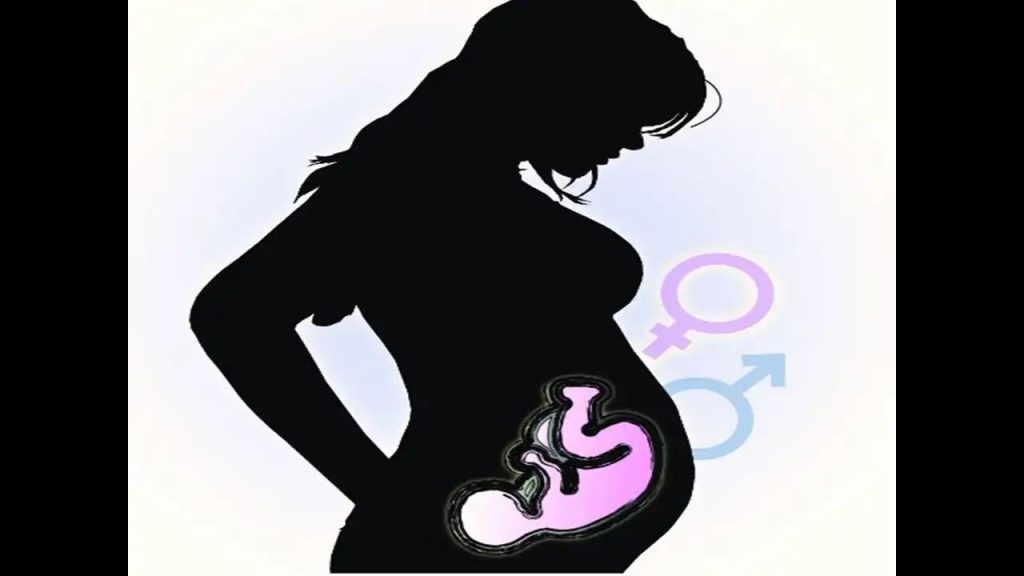
This troubling situation not only highlights the vulnerability of minors in government institutions but also calls for a closer look at the safety protocols and the effectiveness of existing mechanisms meant to protect children. While investigations are ongoing, the focus is now on preventing further incidents, ensuring justice for the victims, and exploring how authorities can safeguard the rights and well-being of students in similar situations.
Two Minor Girls Found Pregnant in Odisha Government Hostels
| Event | Details |
|---|---|
| Location | Odisha, India – Kandhamal and Mayurbhanj districts |
| Victims | Two minor girls found pregnant in separate incidents |
| Schools Involved | Government-run residential schools (Rangaparu in Kandhamal, Sevashram in Mayurbhanj) |
| Investigation | Police probe underway, focusing on the safety of minors and the identification of perpetrators |
| Past Incidents | Teenage pregnancies have occurred before in Odisha’s residential schools, raising alarms |
| Government Response | Odisha government has launched new safety protocols and health checks for students in hostels |
| Related News | NCST inquiry into a similar rape case in Odisha involving minors (Source: Times of India) |
The recent cases of minors being found pregnant in government hostels in Odisha are deeply troubling and highlight significant gaps in the protection systems of residential schools. While investigations are underway, it is clear that these incidents are not isolated. Moving forward, systematic changes in monitoring, health checks, and sexual abuse awareness are crucial to safeguarding children in institutional care. The government, along with educational institutions and the community, must act quickly to prevent further tragedies and to ensure that minors are given the safety and protection they deserve.
The Disturbing Discovery: What Happened?
In Odisha’s Kandhamal district, a Class X student from the Rangaparu Government Residential Girls’ High School returned from summer vacation only to reveal that she was pregnant. The school staff became suspicious when the girl declined to collect sanitary pads from the hostel authorities, triggering a medical check-up that confirmed her pregnancy. Upon further questioning, the girl revealed that she had been in a relationship with a boy from her village during the break. Her family was immediately informed, and a formal police complaint was filed at the Tumudibandh Police Station. The initial investigation suggests that the pregnancy occurred during her time away from the school, raising questions about the measures in place to ensure the safety of students during breaks.
In a separate but equally concerning case, a Class VIII student at a government-run Sevashram hostel in Mayurbhanj district was found to be two months pregnant upon returning from vacation. The girl fell ill shortly after returning, and a medical examination confirmed the pregnancy. She reportedly disclosed to the authorities that she had been in a consensual relationship with a boy from her village. Her mother filed a complaint with the police, and the accused boy has been summoned for questioning. Both incidents have raised alarm bells regarding the supervision of students during their breaks from school.
Understanding the Scale: Why These Cases Matter
These incidents are not isolated cases but part of a larger, disturbing pattern in Odisha’s residential schools. Over the years, there have been several reported cases of minor pregnancies, often involving abuse or exploitation. One of the most notable incidents occurred earlier this year when a 15-year-old girl gave birth in her hostel room just hours after taking her Class X board exam. The boy involved was arrested on charges of rape, and the school’s administration faced scrutiny, leading to the suspension of key staff members. These repeated occurrences suggest a systemic problem with how the state’s residential schools are managing student welfare and security.
What’s Being Done: The Government’s Response
In response to these recent incidents, the Odisha government has taken steps to bolster safety protocols in residential schools and hostels. A Standard Operating Procedure (SOP) has been implemented, which includes mandatory health checks for students after vacations, increased monitoring of student movements, and better record-keeping of student arrivals and departures. The government has also promised to enhance its surveillance systems to detect potential issues before they escalate.
These measures are essential, but they also raise a broader question: How can we ensure the safety and well-being of children in institutional care long-term? This article will explore the steps that can be taken by authorities, educational institutions, and communities to prevent future tragedies like these.
What Can Be Done: Preventing Future Incidents
Here are some practical steps that can be taken to prevent future incidents and ensure the safety of students in government-run hostels:
1. Increased Supervision During Vacations
Schools and hostels need to put measures in place to monitor students during breaks. This includes keeping track of where students go during their time off and ensuring that they are not at risk of exploitation or harm.
2. Mandatory Health Checks
Routine health check-ups should be conducted not just after vacations, but on a regular basis. These check-ups can help identify any early signs of abuse, neglect, or exploitation and address them before they spiral out of control.
3. Stronger Communication with Families
Schools should maintain an open line of communication with the families of students. This would help ensure that any potential issues or concerns are addressed early, and families can alert authorities if they notice any problems.
4. Awareness Programs
Introducing awareness programs on personal safety and reproductive health can go a long way in educating minors about their rights and what to do if they feel threatened. This should be a mandatory part of the curriculum in all residential schools.
5. Sexual Abuse Awareness
Schools and hostels should invest in training staff members to recognize the signs of sexual abuse and exploitation. This would help ensure that minor victims are identified and provided with the necessary support as soon as possible.
6. Strengthening Legal Frameworks
The legal framework should be reinforced to address cases of sexual exploitation more effectively. This includes harsher punishments for perpetrators, better protection for minors, and more accessible legal resources for victims.
Balasore Tragedy Sparks Statewide Shutdown: What to Expect on July 17 in Odisha
Odisha High Court Censures Authorities for Neglecting Roads and School Hygiene in Cuttack
11 Days Before Tragic Self-Immolation, Odisha Student Warned of Suicide
FAQs
1. What should I do if I suspect abuse in a residential school?
If you suspect that a student is being abused or exploited in a residential school, it’s crucial to report it immediately. Contact the school authorities and local law enforcement to ensure that the situation is investigated.
2. How can the government improve safety in schools?
The government can improve safety by implementing stricter monitoring, conducting regular health checks, and providing educational programs to teach students about their rights and personal safety.
3. What is the role of parents in ensuring the safety of their children?
Parents play a critical role by maintaining open communication with their children and the school authorities. If they suspect any issues, they should report them promptly to ensure the child’s safety.
4. How are sexual abuse cases handled in India?
Sexual abuse cases are governed by strict laws in India, including the Protection of Children from Sexual Offences (POCSO) Act. Perpetrators are subject to legal action, and victims are entitled to counseling and support services.
5. What actions can be taken against school staff involved in misconduct?
If school staff are found guilty of misconduct, they can be suspended, dismissed, or even arrested depending on the severity of the case. The government must also ensure that appropriate disciplinary actions are taken.

